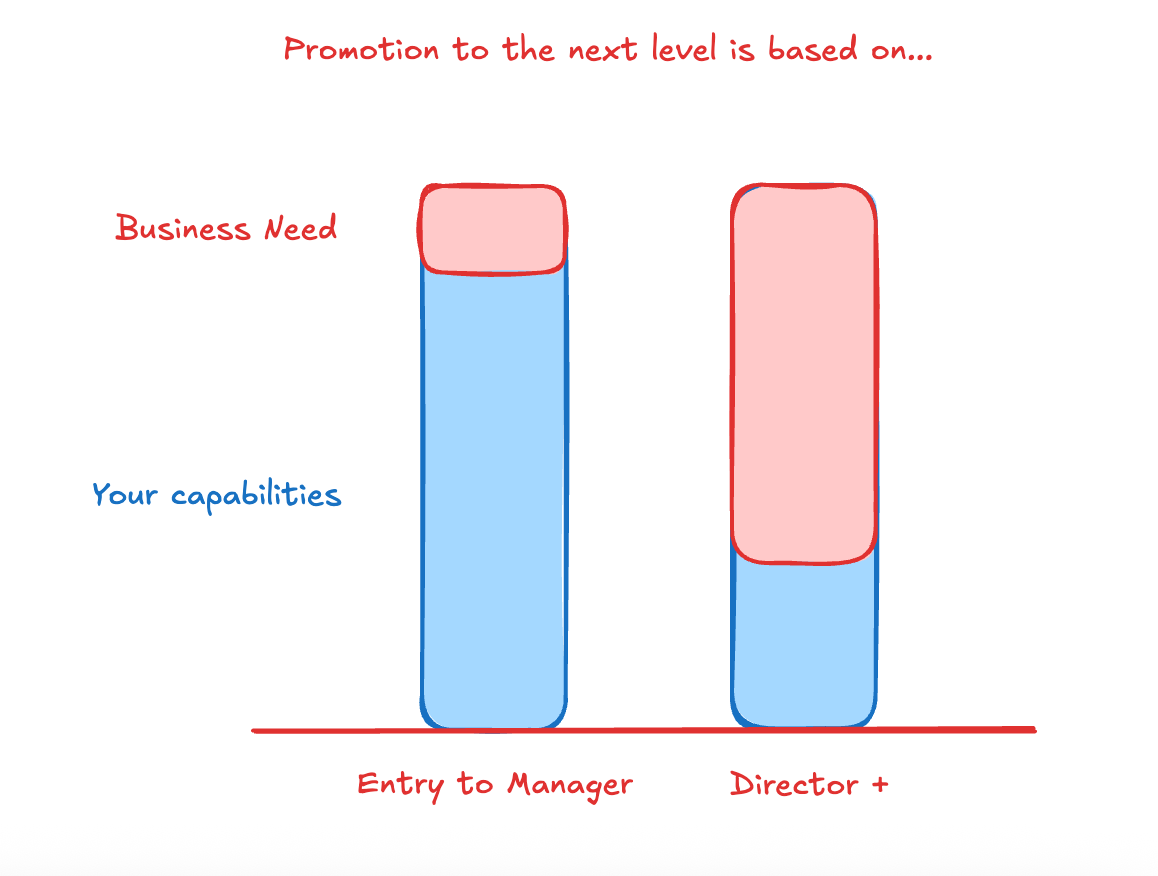Why Mentoring Doesn't Get You Into Management
If you're looking to get more resources and manage a team, tell a story about how you'll create more impact.
Client: I want to become a people manager. I’ve gotten great performance reviews. My partner teams tell me I’m a great collaborator. I’ve mentored interns each summer. However, I’m not considered for manager roles. What am I doing wrong?
A few years into my PM role at Thumbtack, the company was growing, and I wanted to manage a team of PMs. I brought up…



